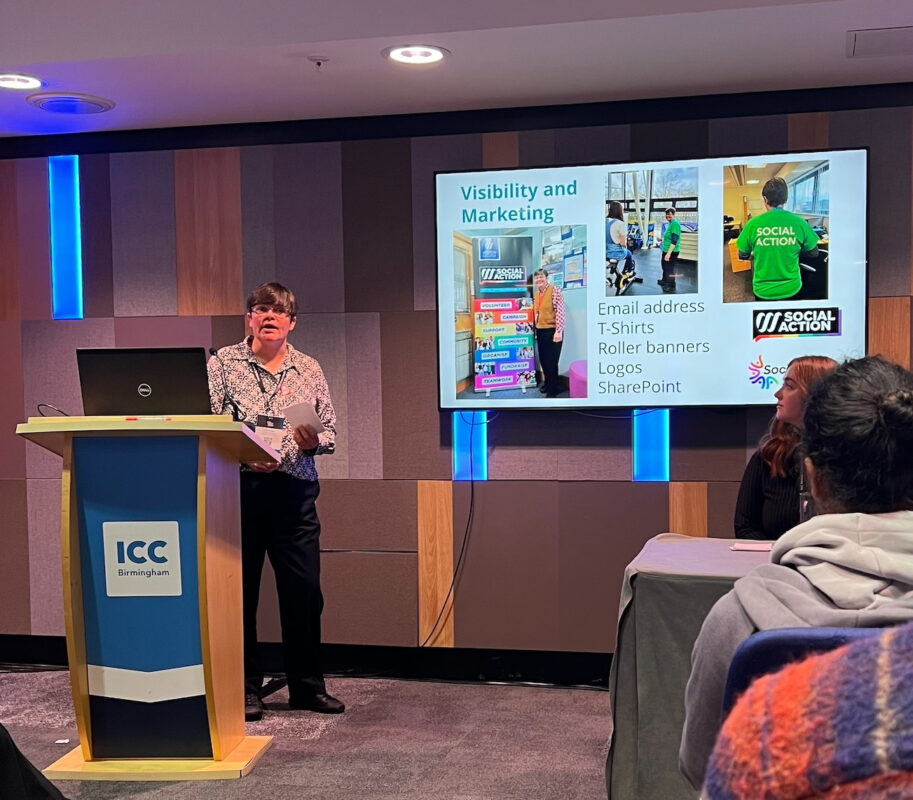The Importance of the Children’s Register and the Role of Colleges

The long-awaited register of children not in school, part of the Children’s Wellbeing and Schools Bill introduced to Parliament this week, is a crucial step towards ensuring that every child is safeguarded and receives the education and support they deserve.
Having worked in mainstream secondary schools for 20 years and now in further education, I have seen firsthand how some of the most vulnerable learners can be lost in the system and be forgotten.
The register, expected to come into force in 2025, will enable local authorities to better identify and support children who are outside traditional school settings. However, it is vital to recognise that mainstream education is not right for every child. Whether due to special educational needs and disabilities, behavioural challenges, or mental health issues – alternative pathways must be acknowledged as equally valuable and aspirational.
At North Warwickshire and South Leicestershire College, we provide an alternative provision for Electively Home Educated (EHE) students, which has grown significantly since its launch in 2018.
Delivered in partnership with local authorities, we offer a supportive, small-group environment where learners can achieve GCSE qualifications and gain the skills they need for future education, training, or employment.
Ensuring EHE students succeed in their core GCSE qualifications, we currently work with over 46 per cent of the estimated EHE students in our locality. We also provide access to vocational qualifications including construction, hair and beauty, games design, IT, and performing arts.
For 14 to16-year-olds, our provision goes even further. We offer vital pathways for young people at risk of exclusion, those excluded from school, or those needing access to vocational education not available in traditional settings.
Overcoming barriers to learning, preparing for a return to education, and easing transition to post-16 vocational training – colleges have a crucial role to play to ensure learners who might otherwise be left behind have access to high-quality education and the opportunity to thrive.
While the introduction of the register is a hugely welcome development, it must be paired with investment in alternative provision and collaboration across education providers to ensure the best offer for young people, where they are engaged, safe and can succeed. The aim is not only to track children but to ensure that they receive the education and opportunities they deserve. Whether in schools, colleges, or alternative settings, every child matters, and every pathway must be celebrated.
By Simon Lomax, Executive Director Schools and Access, North Warwickshire and South Leicestershire College











Responses